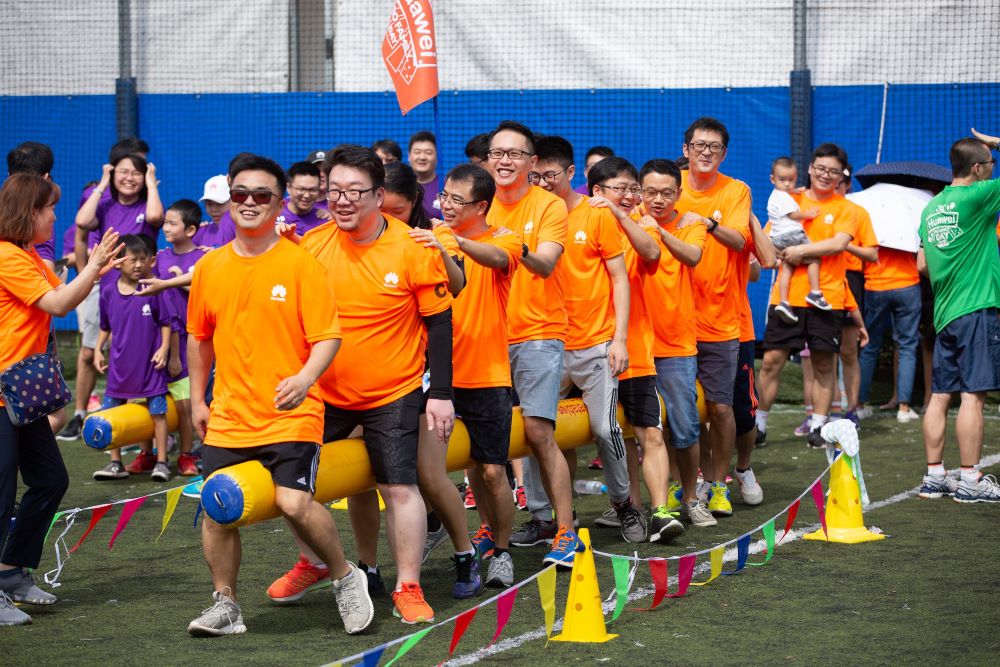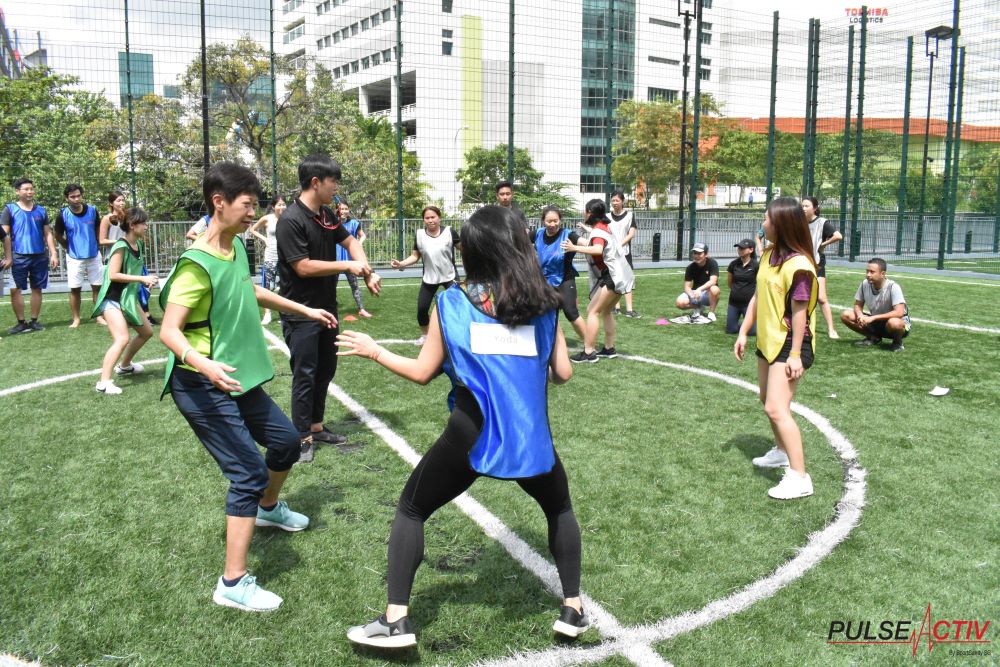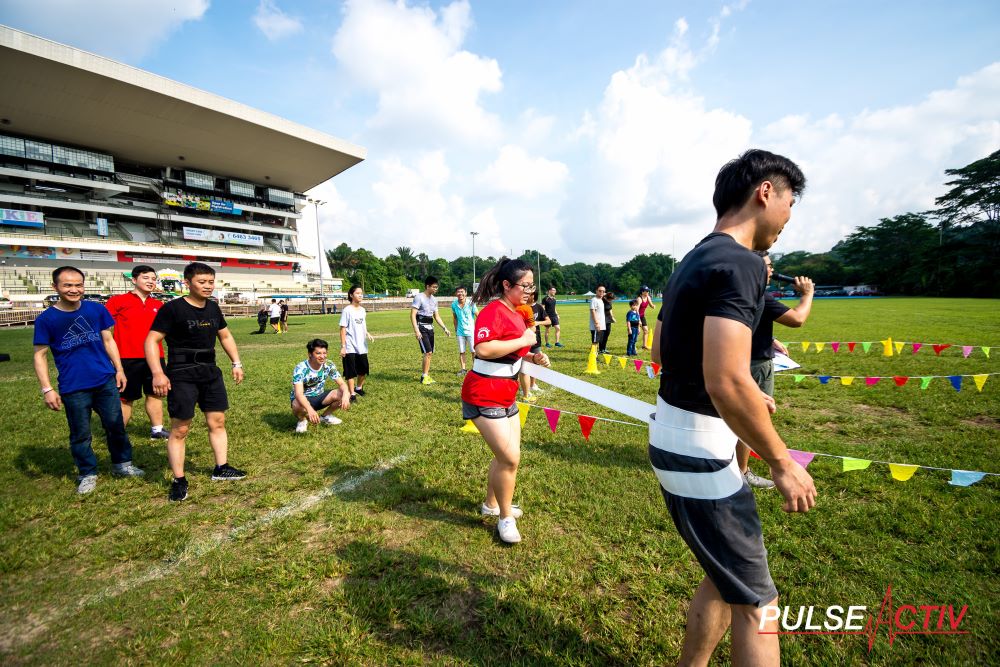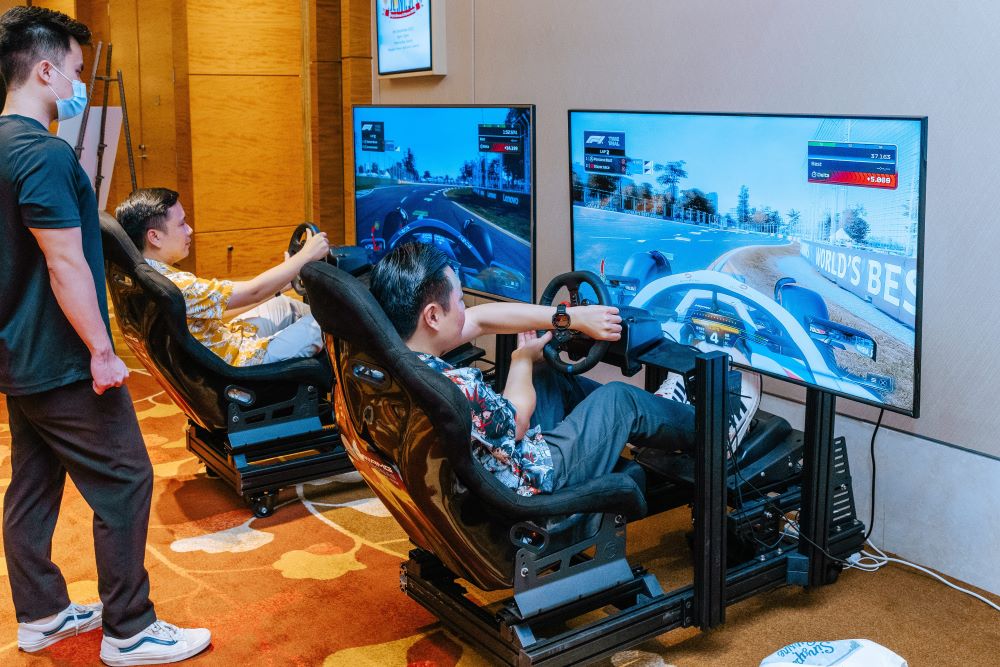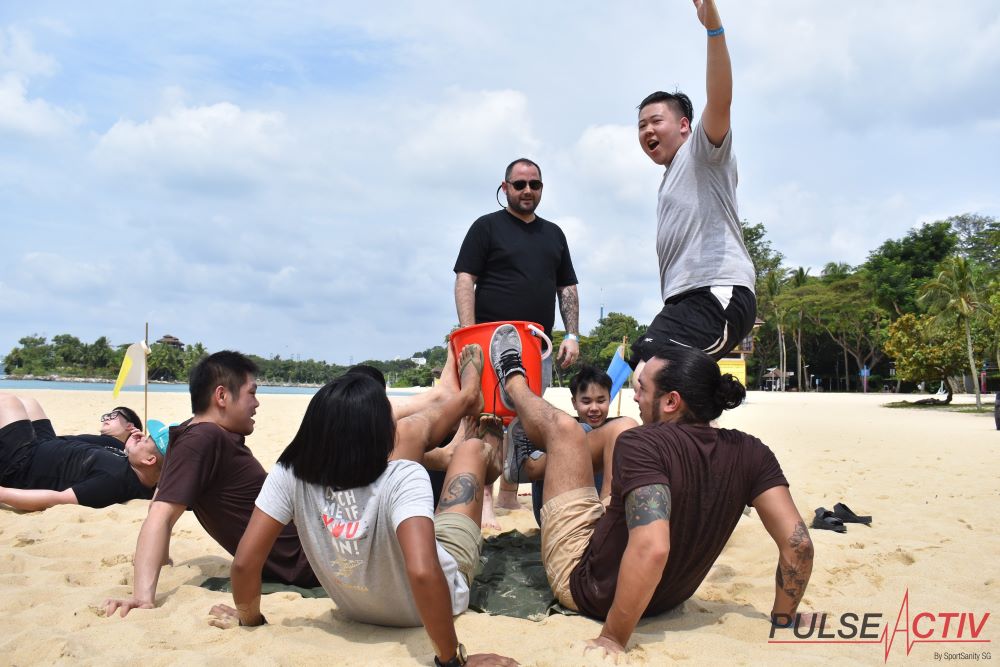The Role of Sports Days in Boosting Team Morale and Productivity
In the fast-paced corporate world, maintaining high morale and productivity among employees can be challenging. One effective strategy for achieving this is by organizing sports days. These events not only provide a fun break from the usual work routine but also offer numerous benefits that can positively impact team dynamics and overall productivity. This article explores how sports days can enhance employee health, foster teamwork, and offer other significant advantages.
Benefits of Physical Activity for Employee Health
1. Enhanced Physical Well-being
Physical activity is crucial for maintaining good health. Engaging in sports activities during company sports days helps employees improve their cardiovascular health, build muscle strength, and increase flexibility. Regular exercise has been linked to lower risks of chronic conditions such as obesity, diabetes, and heart disease. By promoting an active lifestyle, sports days contribute to a healthier workforce, reducing absenteeism and healthcare costs in the long run.
2. Mental Health Benefits
Exercise is known to have a positive impact on mental health. Physical activity triggers the release of endorphins, which are natural mood lifters. Participating in sports can help alleviate stress, anxiety, and depression, leading to improved overall mental well-being. For employees who may be feeling overwhelmed by work pressures, sports days provide a valuable opportunity to unwind and rejuvenate, enhancing their mental resilience.
3. Improved Sleep Quality
Regular physical activity contributes to better sleep quality. On sports days, employees who engage in exercise may experience improved sleep patterns, leading to increased energy levels and better focus during work hours. Adequate rest and recovery are essential for optimal cognitive function and productivity, making sports days a beneficial component of a holistic approach to employee well-being.
How Sports Days Foster Teamwork and Collaboration
1. Strengthened Team Bonds
Sports days offer a unique setting for employees to interact outside the formal work environment. Team-based sports and activities encourage collaboration, communication, and mutual support. When employees work together towards a common goal, they build stronger relationships and trust, which can translate into improved teamwork in the workplace. The shared experiences of success and challenge foster a sense of camaraderie and unity among team members.
2. Enhanced Communication Skills
Effective communication is crucial for successful teamwork. Sports days provide an opportunity for employees to practice and improve their communication skills in a less formal context. Whether strategizing during a game or cheering each other on, participants learn to express themselves clearly, listen actively, and offer constructive feedback. These enhanced communication skills can contribute to more efficient and effective interactions in the workplace.
3. Development of Leadership and Teamwork Abilities
Sports activities often require individuals to take on different roles, such as team leader, strategist, or supportive team member. These roles help employees develop and refine their leadership and teamwork skills. By stepping up to lead or support their teammates, employees gain valuable experience that can be applied to their professional roles. The collaborative spirit cultivated during sports days can lead to more cohesive and effective teams within the organization.
Additional Benefits of Sports Days
1. Boosted Employee Morale
Participating in enjoyable and engaging activities helps boost employee morale. Sports days provide a welcome break from the routine, allowing employees to have fun and feel valued. The positive experiences and memories created during these events can enhance job satisfaction and foster a positive work environment. High morale contributes to increased motivation and enthusiasm, which can positively impact overall productivity.
2. Increased Employee Engagement
Sports days can serve as a catalyst for increased employee engagement. When employees feel connected to their colleagues and the company through shared experiences, they are more likely to be engaged and committed to their work. Engaged employees are more productive, innovative, and dedicated, leading to improved overall performance and success for the organization.
3. Strengthened Company Culture
Sports days provide an opportunity to reinforce and celebrate the company’s values and culture. By organizing events that reflect the company’s commitment to health, teamwork, and employee well-being, organizations can strengthen their culture and enhance their employer brand. A strong company culture contributes to higher employee retention and attracts top talent, supporting long-term organizational success.
4. Opportunities for Recognition and Rewards
Sports days offer a platform for recognizing and rewarding employees for their efforts and achievements. Prizes, awards, and public recognition can motivate employees and acknowledge their contributions. Celebrating success and effort in a fun and informal setting boosts morale and encourages continued high performance.
Conclusion
Sports days are more than just a day of fun and games; they play a significant role in boosting team morale and productivity. By promoting physical health, enhancing mental well-being, fostering teamwork, and offering additional benefits such as increased employee engagement and strengthened company culture, sports days contribute to a more motivated and productive workforce. Organizations that invest in these events reap the rewards of a healthier, happier, and more cohesive team, ultimately driving greater success and achieving their business goals.
To head back to read another article in our blog, click here.
